A NOTION OF HOME
A Tale Through Objects And Other Stories
What makes a space a home? Is it just the walls, or is it the way we interact with the space we inhabit?
Taking the premise “there’s no place like home,” this project aims to explore the relationship between the subject-object-space that can develop into a notion of “home”.
Walls, floors, and ceilings; objects, textiles, and cutlery. Relations between container, content, and what is contained.
The space can be any space. Objects lose their meaning if they are not used, but they also gain new meanings when used differently: a bed can be a dining spot or a temporary office desk. Cups and glasses contain more than just coffee or water. Chairs can turn into stairs, and cans into ashtrays. Bottles are kept as pots, and anything can quickly turned into a new closet.
The experiences we live inside those spaces, while reinventing those objects, add an invisible layer into the appropriation of the space.
It all starts with unpacking the first box. The rest comes with time.
2023
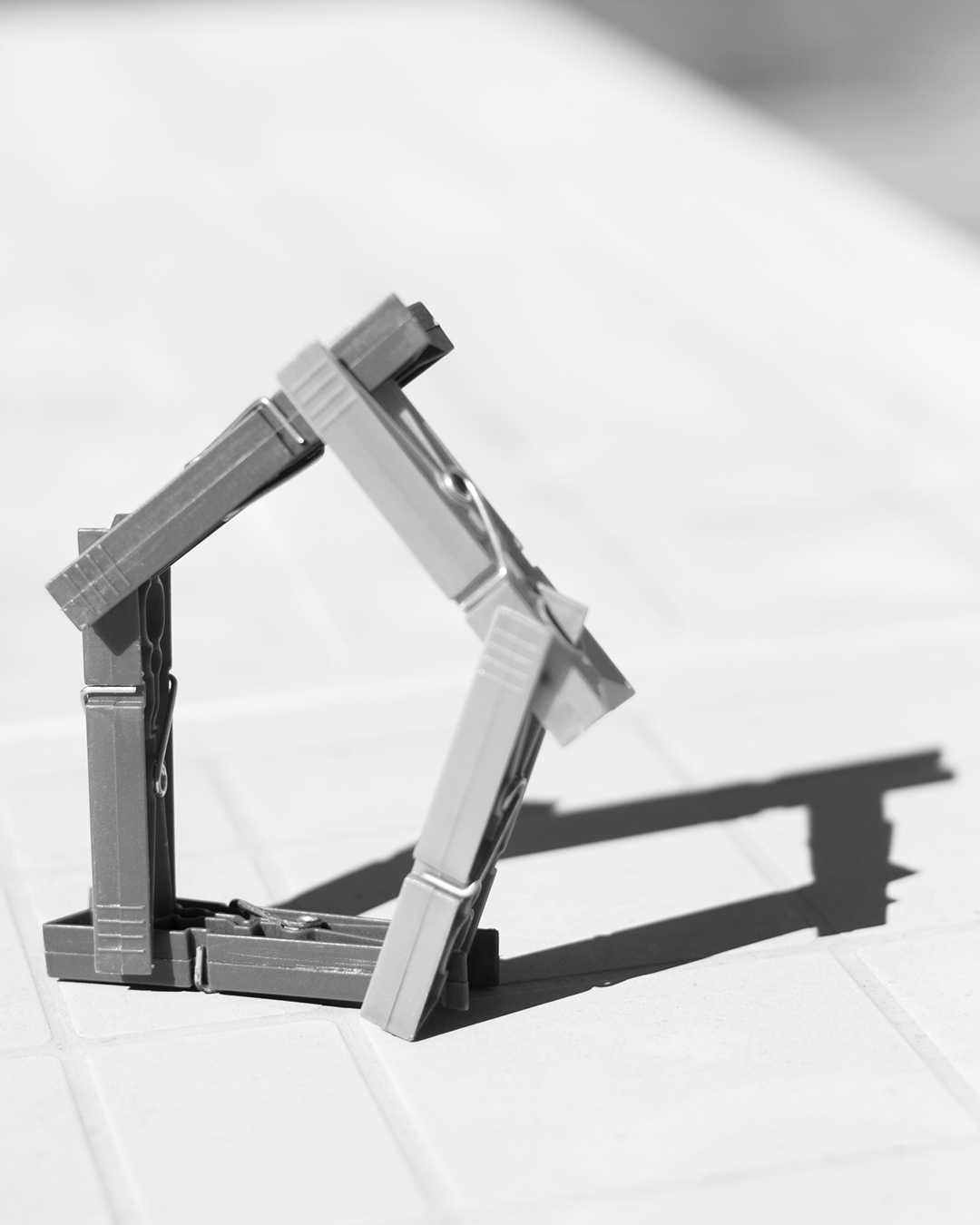







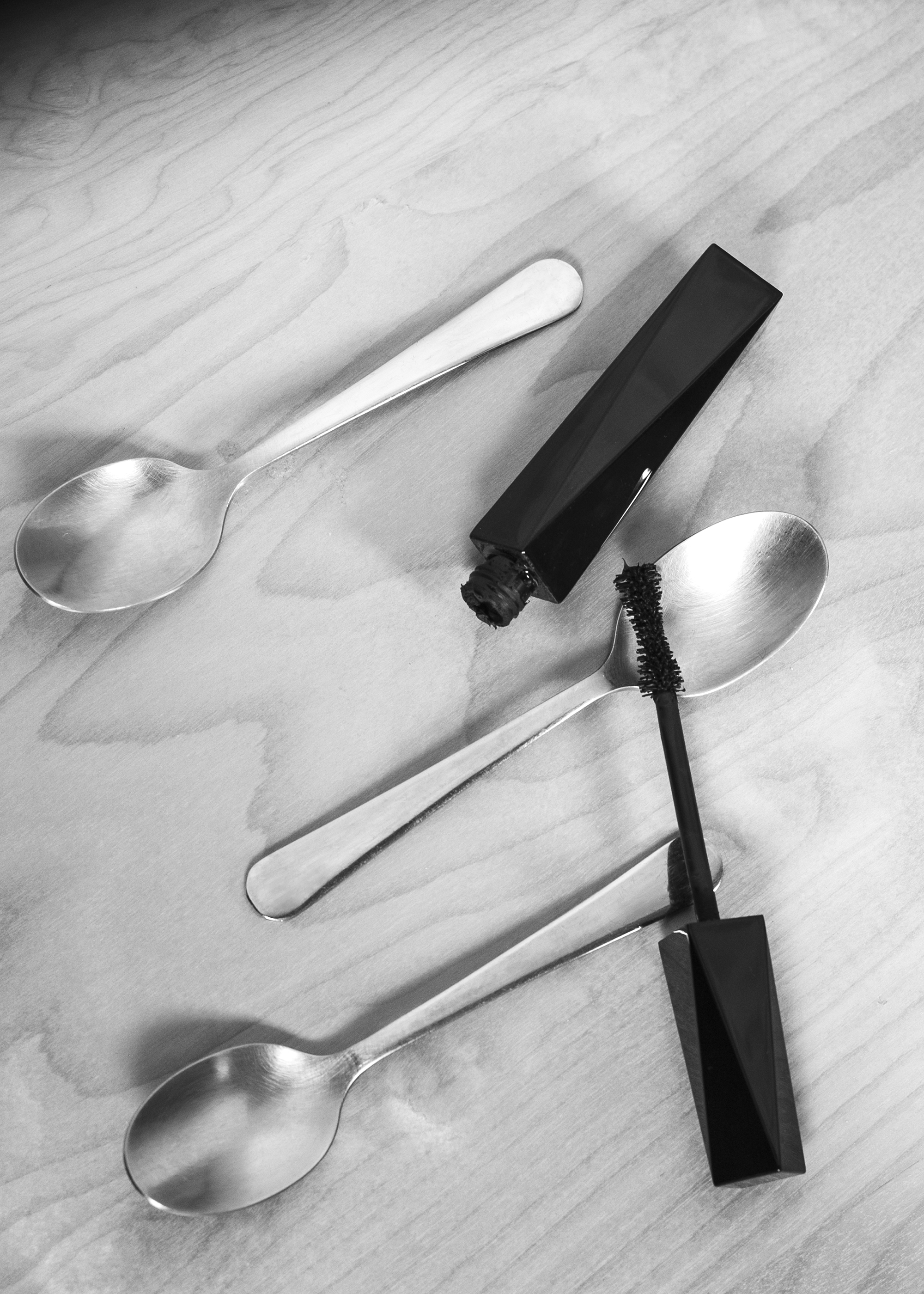


TIEMPOS MUERTOS


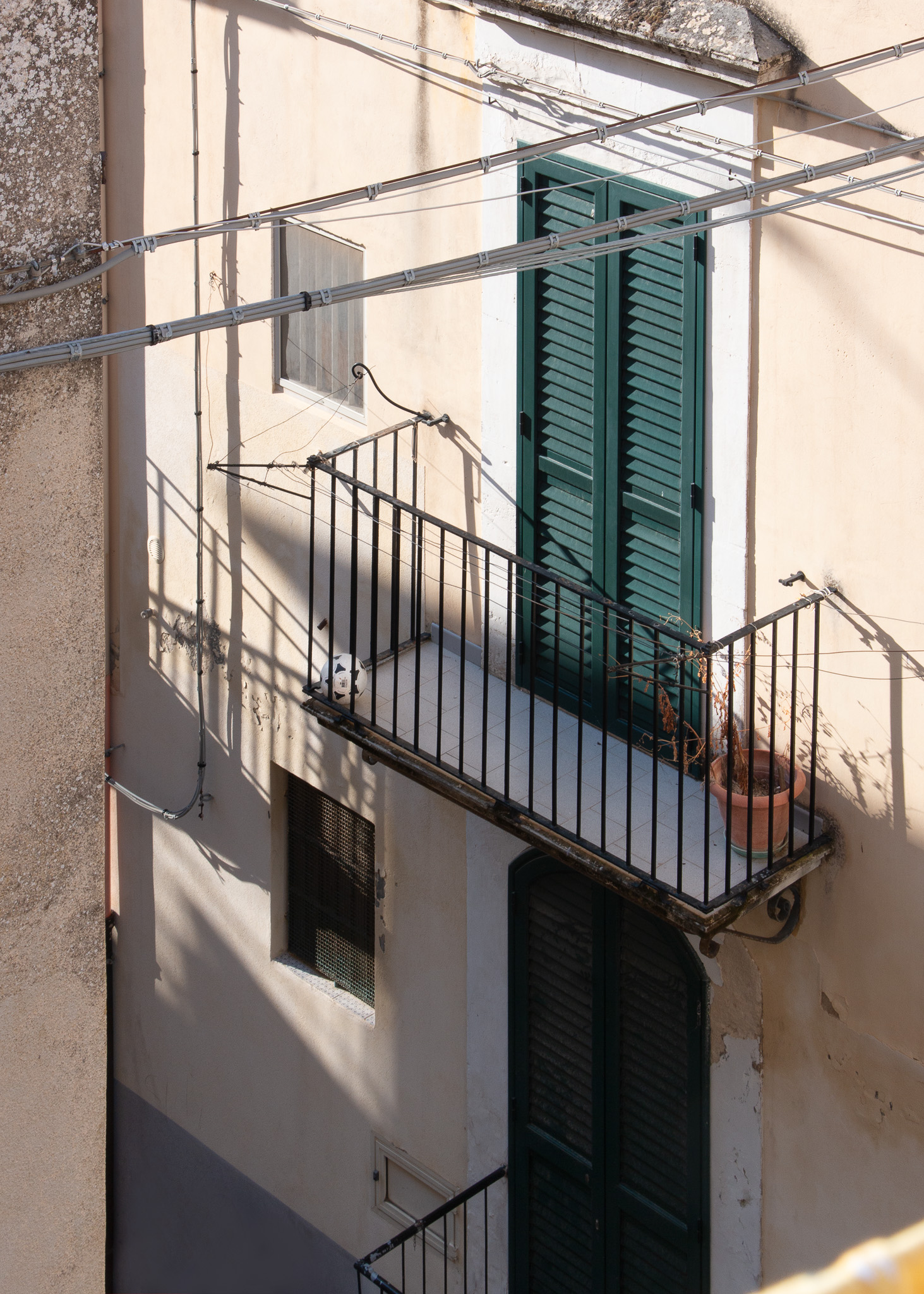







LOVE, KAY
A project of self-love and embracing true self
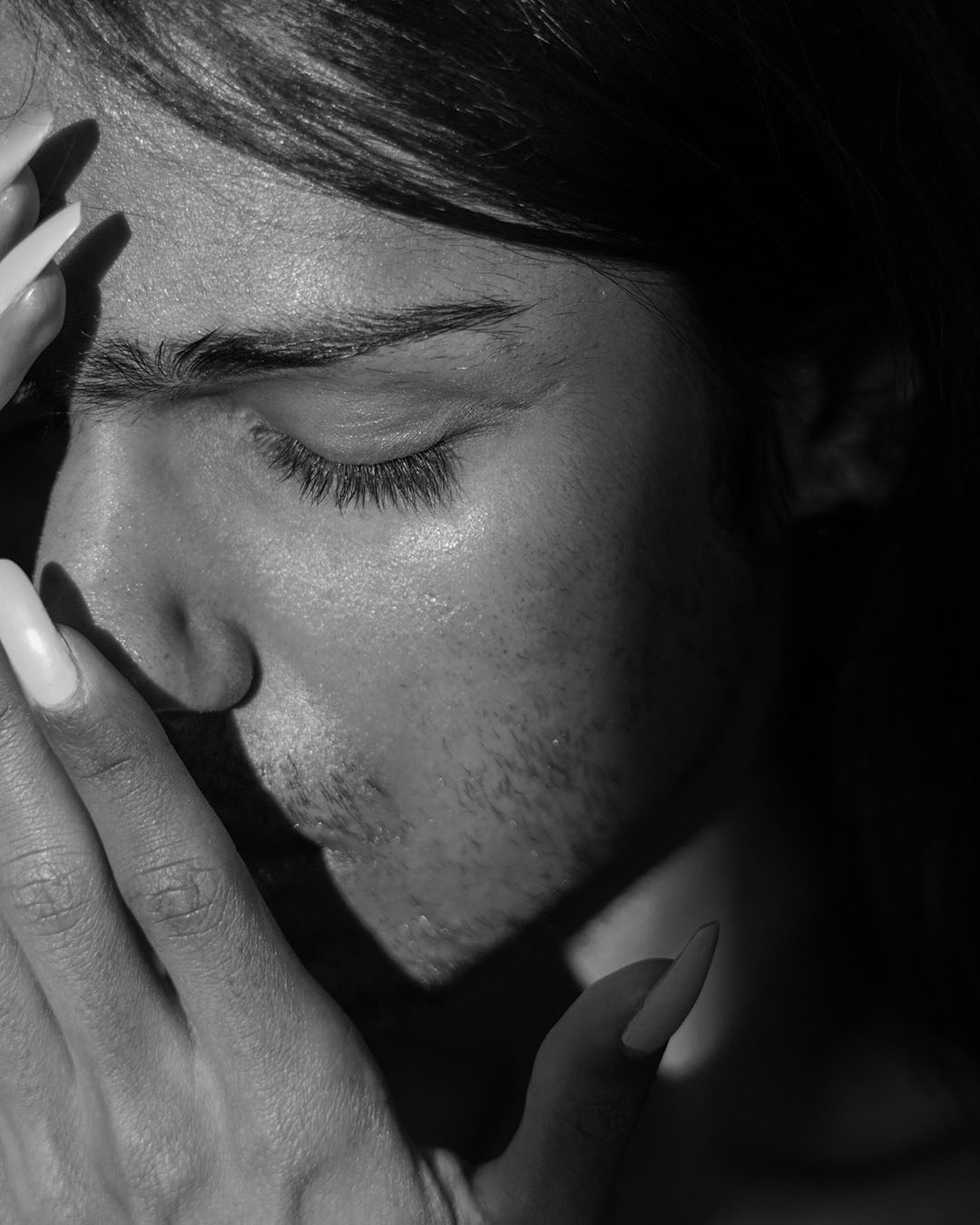
Kay is a trans woman.
Her everyday life is a political act of resistance. She actively speaks out for LGBTQ+ community basic human rights, placing her body and her voice on the front line. Her facial and body hair continue to impact her her self-perception, as she struggles with the complexities of body dysmorphia and self-acceptance.
Today, there is a growing backlash against trans rights, abortion, equality, and self-expression. That’s why Kay’s identity and active role within her community remain a constant battleground—making visible both the struggles and the beauty of her life.
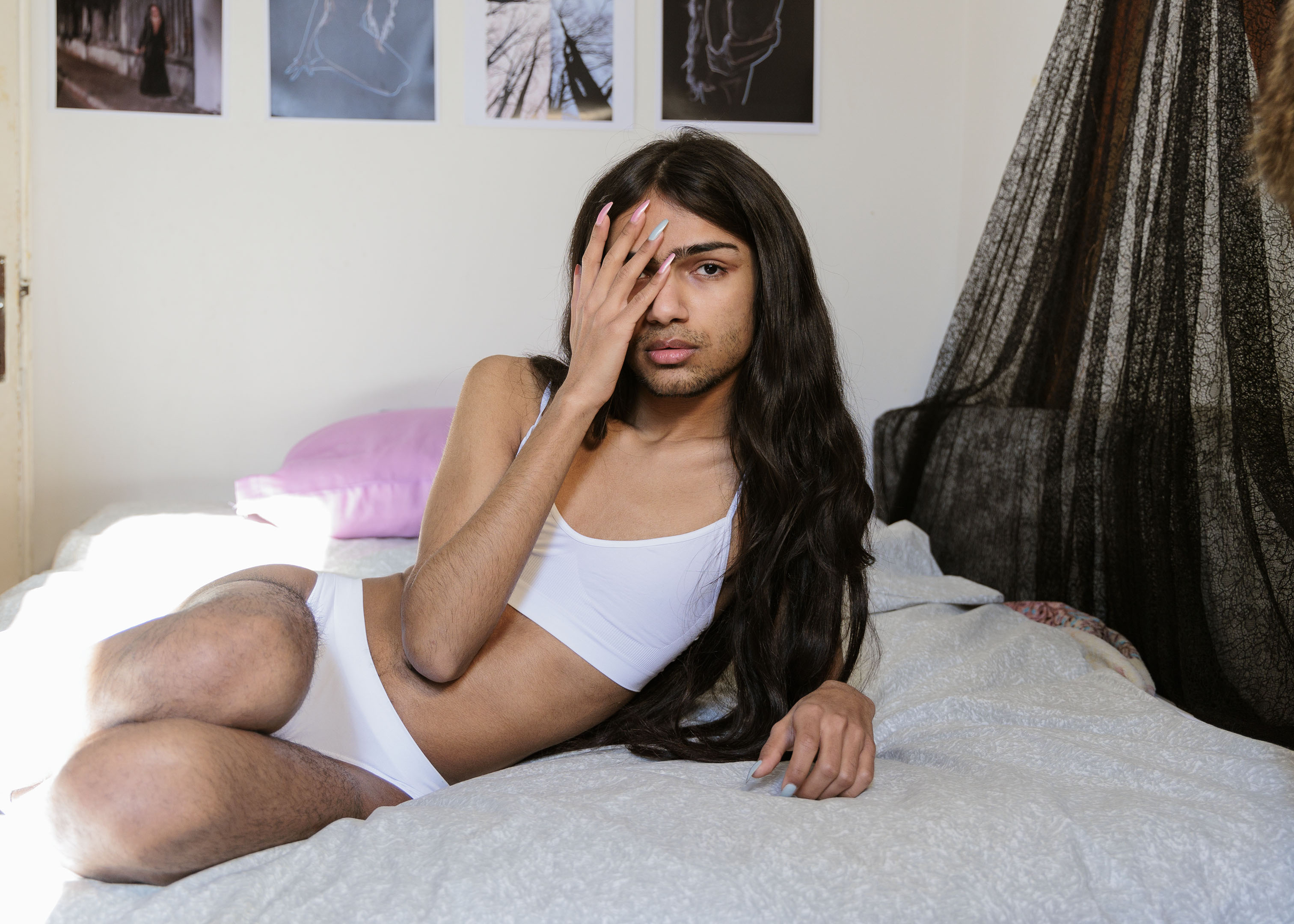
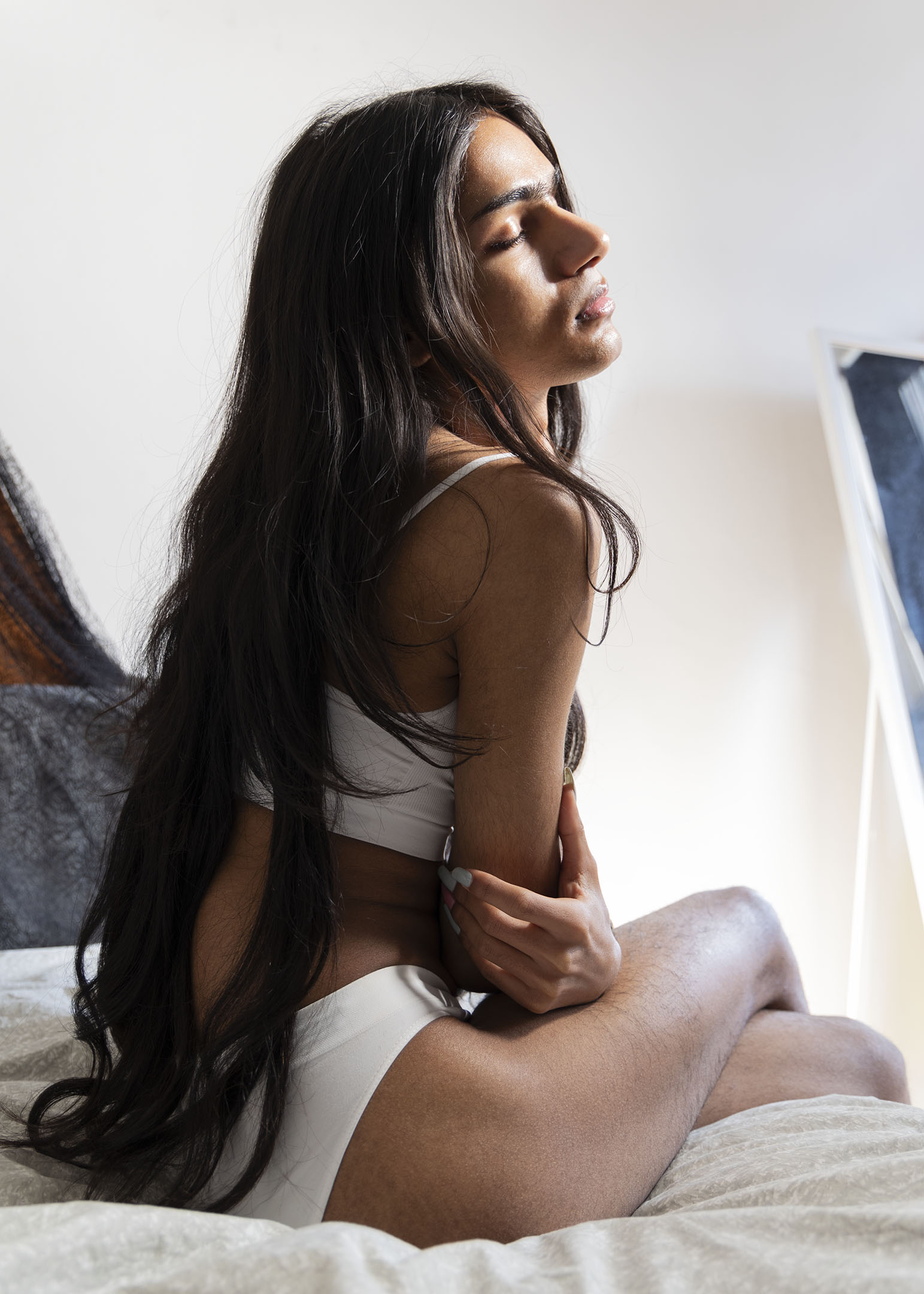




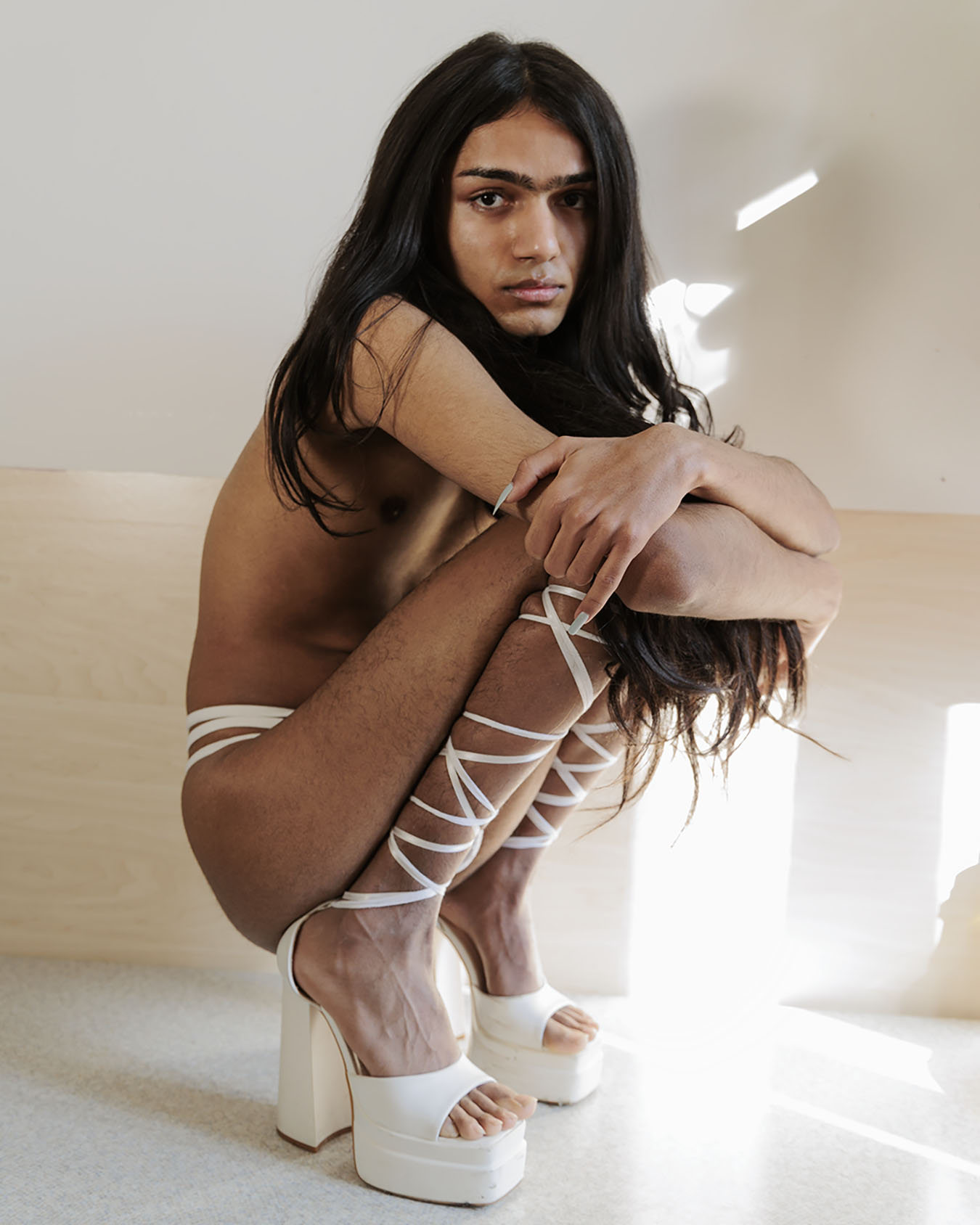



NO PIECE OF MEAT
As women, we have a close relationship with trauma revolving around our sexuality, whether we are conscious of this or not. Trauma related to female sexuality is more complex and multilayered in its causes and effects, how it manifests within us as individuals, and informs our collective experience.
As women living under patriarchal laws and conventions, it is often hidden, nested within our subconscious, yet tangible in its affect on our self-perception. This also tends to reflect in our bodies through the control we put on them: from the way we dress, act, and talk; to the hours of the day it is safer to go out, not to do it alone, and always to keep your keys held in your fist, internalized as feelings of constriction, of being held back, silenced, shut down.
To heal trauma requires an introspective process in order to understand where the pain and feeling of constraint come from. By doing so, we acknowledge fear and anger so we can transform them into an agent of change, a movement versus constriction, and a release of the pressure that has been put upon us.
This project aims to explore and depict ways of healing in which women can regain freedom and agency of their bodies and sexuality through the primordial act of screaming, speaking out, dancing, and marching united.


